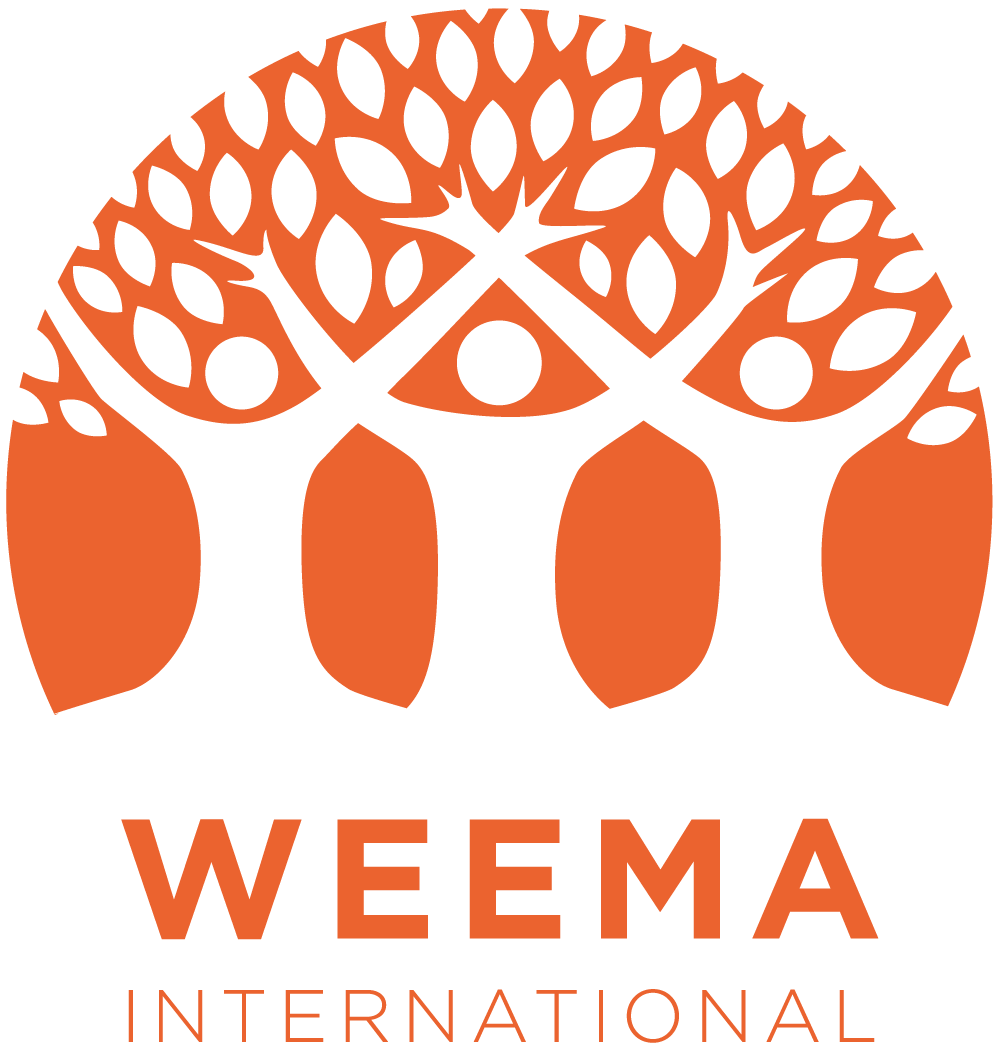The Saruma school should be renamed “The Girl’s School,” according to Tensaye.
Meaza (L) and Tensaye (R) are two 8th grade girls at Saruma school.
Earlier in the year, we met Tensaye and Meaza, two 8th-grade girls at the Saruma school. They are your typical teenage girls- walking together with arms locked and chatting away as good friends do. They agreed to meet with us and talk about how the Menstruation Hygiene Management (MHM) project at their school has impacted their lives.
Tensaye, who was very talkative and outgoing, pointed out there are now many support services available at school, including counseling, menstrual health, and hygiene education, and peer-to-peer discussions on gender equality. She shared that when she first got her period, she would have to stay home several days a month because her father, a farmer, could not afford to buy pads. But now, the menstrual room “changed everything!” Meaza added that the menstrual room is helpful whenever a girl doesn't feel well and needs to lie down. “Our teacher helps and counsels us, which helps me a lot.”
A safe space to speak with a trusted teacher is important for students!
Many women and girls in rural Ethiopia face several challenges when it comes to managing their period, including lack of access to menstrual products, lack of bathrooms, lack of education, cultural taboos, and stigma around menstruation. Many girls miss school days during their periods, which can lead to girls falling behind in class or leaving school altogether. Dropping out of school puts girls at risk for early marriage and pregnancy and limits their economic opportunities. Longer term, it can perpetuate intergenerational poverty.
Over the next three years, we will continue to support four government schools in the communities we serve, including the distribution of sanitary products and underwear to girls, constructing and maintaining sanitation facilities, including bathrooms, establishing dedicated rooms for girls to rest and receive care while at school, providing extensive training for teachers, and facilitating peer-to-peer learning on health and gender equality.
Tensaye shared, “...there are now many more girls in school than two years ago. Last year there were a little over 900 girls, but this year there are over 1,000 girls! Two years ago, there were even fewer girls."
Removing barriers for girls to stay in school is imperative for their future success. Your support and continued generosity break down barriers and keep girls in school in the communities we serve.



